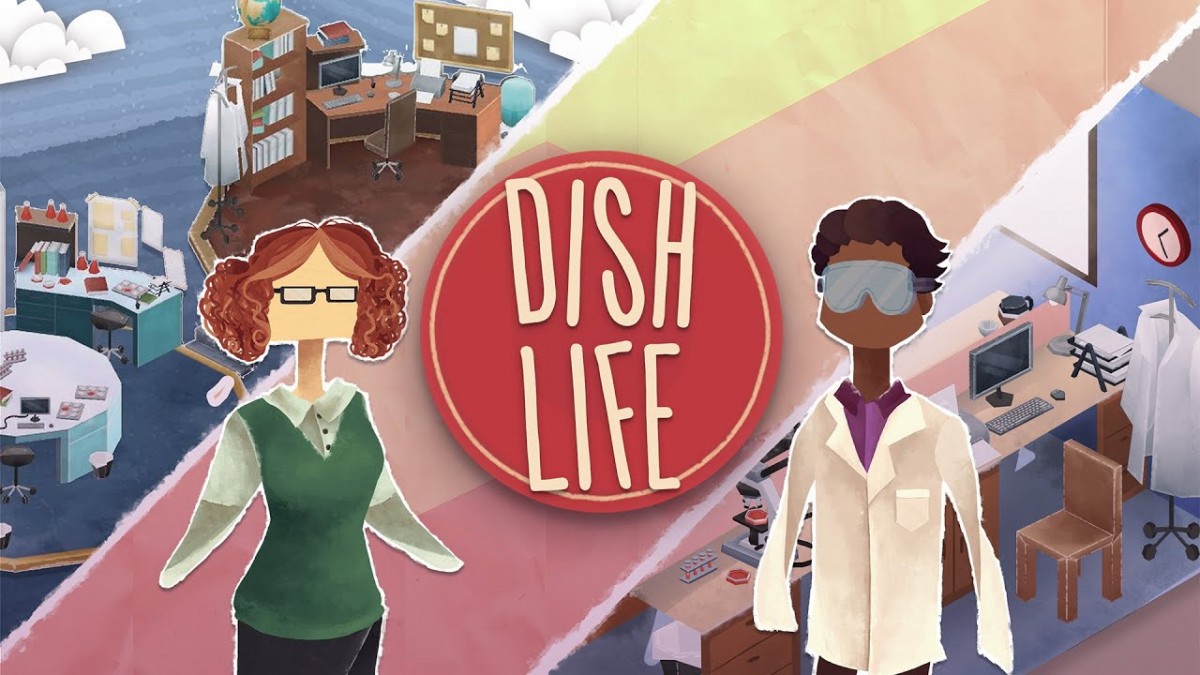A unique new game – “part Sims, part Tamagotchi” – lets players inhabit a stem cell researcher as they rise through the scientific ranks: growing cells, scientific collaborations, and reputation.
Store links:
The game has been developed by Cambridge sociologists and stem cell scientists from the University’s Stem Cell Institute and Dundee-based games company Pocket Sized Hands. It aims to provide a flavor of the lives and labor behind biotechnological advances.
The game is unique in its focus on the laboratory as a social world, where good science depends on the social relationships that scientists build. Make your stem cells happy. Look after your colleagues. Respond to the demands of society at large. In Dish Life: The Game, immerse yourself in the laboratory. Build your avatar and follow a scientific career from student to professor. Nurture the happiness of your stem cells in the dish. Manage your laboratory. Care for your colleagues to succeed in collaborative experiments. Write scientific articles to improve your reputation. Respond to the real-life dilemmas that scientists face. Dish Life: The Game for the first time opens the doors to the social life of the laboratory.
In the game, players zoom in to a digital pet-style view of their chirruping cells. Feed them with “medium” – nutrient-dense liquid used in labs – then split up overfull petri dishes and convert cells into specific types, from blood to neurons. This helps build experience points, unlocking new abilities such as hiring researchers and buying equipment.
Zoom back out to the lab to reveal a living, breathing stem cell lab where players must manage their scientist avatar and colleagues to complete tasks. Make sure someone is tending to the cells at the stem cell station, ensure there is enough medium to feed cells with at the medium station. Players can complete quests in the game that take in everything from taking a nice, relaxing break in the tea room to writing research papers.
Dish Life is littered with dilemmas that occur while players are racking up research and cell cultures. From workplace issues such as bullying and maternity cover, through to societal dramas – e.g. media controversies and government committees – and ethical quandaries such as animal testing.
As players rise through career stages from student to principle investigator and eventually professor, they acquire extra dishes and rooms, as well as broader perspectives.
